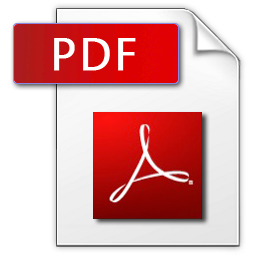An evaluation approach based on word-of-mouth for trust models in recommendation systems

Feng Jiang1, 2, Min Gao3, 4, Hui Xia3, Qingyu Xiong3, 4, Junhao Wen3, 4
1College of Civil Engineering, Chongqing University, Chongqing, 400044, China
2College of Construction Engineering, Chongqing Technology and Business Institute, Chongqing, China
3School of Software Engineering, Chongqing University, Chongqing 400044, China
4Key Laboratory of Dependable Service Computing in Cyber Physical Society, Ministry of Education, Chongqing 400044, China
Recommendation systems have been recognized as an effective approach to heavy information load. In recommendation systems, trust/reputation has attracted increasing attention because it helps to improve the precision of recommendation and the robustness of systems to shilling attacks. Recommendation system oriented trust models, mostly rating-based, used to build the reputation and trustiness among users. They are often evaluated in terms of how accurately they help to predict user ratings and how robustly they resist shilling attacks. However, those evaluation techniques disregard the trust values themselves: how accurately they calculate the trust values themselves is not measured. To solve the problem, in this work, we propose an approach to measure the trust values based on electronic word-of-mouth (eWoM) theory. The eWoM believes a user is reliability if he is of good public praise. In our approach, firstly, according to eWoM, the reliability value of a user can be judged by other users' votes - whether the user's ratings or feedbacks are positive or negative. Secondly, the trust values of users can be calculated by a trust model. Finally, we compare trust values and reliability values. As a case study, we propose a simple rating-based trust model and then evaluate the trust model based on the proposed evaluation approach and Amazon dataset.
